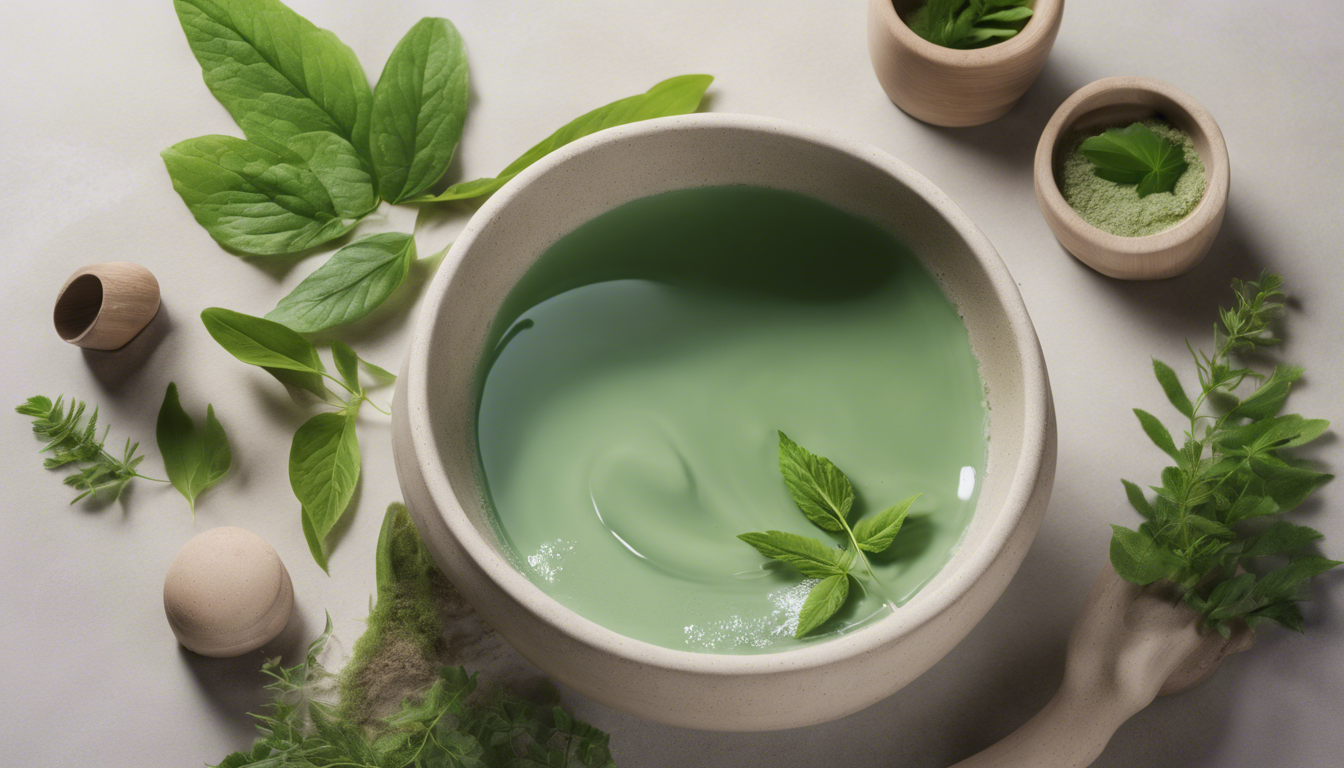Bentonite clay has emerged as a popular natural remedy for various health issues, particularly for its remarkable ability to aid digestive health and mitigate symptoms of diarrhea.
This unique clay, formed from volcanic ash, is known for its potent detoxifying properties, making it an attractive option for those seeking to enhance their wellness regimen.
In this article, we’ll explore what bentonite clay is, its two main types, and how it can provide relief for digestive disorders, all while ensuring safe and effective usage.
Key Takeaways
- Bentonite clay is an effective natural remedy for diarrhea by binding to toxins and reducing digestive inflammation.
- There are two main types of bentonite clay: sodium and calcium, with the latter being more suitable for health applications.
- Moderation is key; while beneficial, excessive use of bentonite clay without proper hydration can lead to constipation.
Understanding Bentonite Clay and Its Types
Understanding Bentonite Clay and Its Types
Bentonite clay, a widely recognized home remedy, has gained significant attention for its potential to alleviate diarrhea.
This natural clay, derived from volcanic ash—predominantly sourced from Montmorillon, France—boasts remarkable detoxifying properties.
Bentonite clay works effectively by binding to toxins present in the body, making it a popular choice for those seeking relief from various health issues, including skin irritations.
There are two principal types of bentonite clay: sodium bentonite and calcium bentonite.
Sodium bentonite is highly absorbent and is often utilized in various industrial applications, while calcium bentonite is more commonly employed for health-related uses.
One of the most remarkable features of bentonite clay is its unique ability to attract and bind positively charged toxins, such as pesticides and heavy metals, thanks to its negatively charged ions.
This property makes it an excellent natural detoxifier.
Beyond its detoxification capabilities, bentonite clay provides several health benefits, including delivering essential minerals, reducing inflammation, and supporting digestive health.
Notably, for those suffering from constipation-related digestive issues like irritable bowel syndrome (IBS), bentonite can stimulate bowel movements due to its bulking properties.
On the flip side, individuals may worry about whether bentonite clay acts as a laxative during diarrhea.
However, its mechanism allows it to absorb excess water within the digestive tract, which can effectively mitigate the severity of diarrhea.
Nonetheless, it’s crucial to exercise caution regarding the dosage of bentonite clay; excessive intake without adequate hydration may lead to constipation.
Therefore, a balanced approach to using bentonite clay can serve as a dual-function remedy, offering relief from both diarrhea and contributing to overall digestive system regulation.
Benefits and Usage for Digestive Health
Incorporating bentonite clay into your wellness routine can be incredibly beneficial, especially for those who face digestive challenges.
Not only does it have the potential to ease symptoms of diarrhea by absorbing excess water and soothing the digestive tract, but it also supports overall gut health.
When taken correctly, bentonite clay does not simply alleviate symptoms; it promotes a healthier balance within the digestive system.
Its mineral content, including magnesium, calcium, and potassium, helps nourish the body while its anti-inflammatory properties can help reduce the discomfort associated with digestive ailments.
Additionally, bentonite clay’s detoxifying capabilities can improve nutrient absorption in the intestine, making it an excellent addition to diets aimed at improving digestive health.
Whether used in clay masks for topical benefit or ingested in moderation for internal support, bentonite clay offers a versatile option for those seeking natural remedies for digestive health issues.




